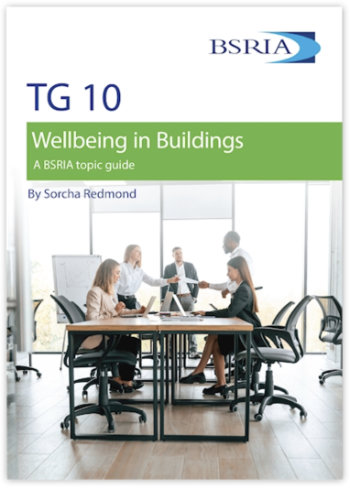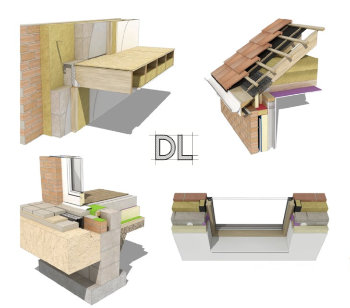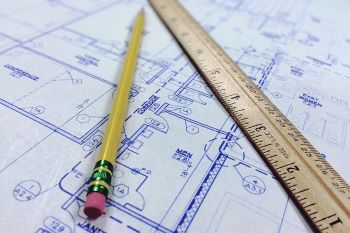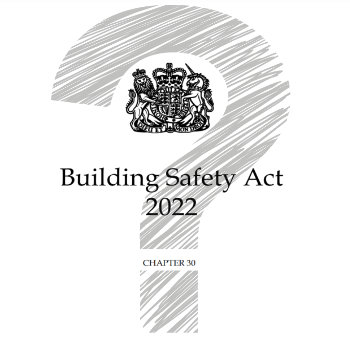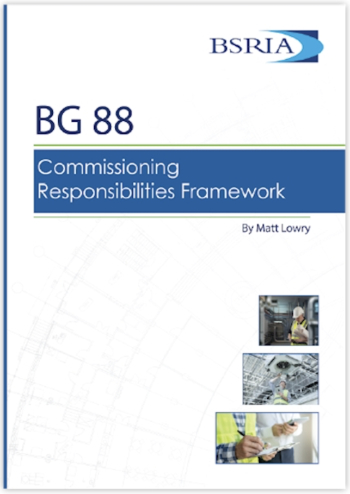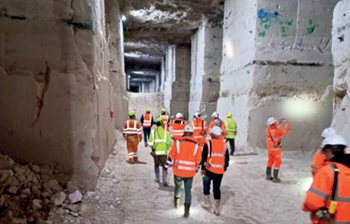Approved equal
In the UK construction industry, the term "Approved Equal" refers to a product, material, or equipment that is not specifically listed or named in the contract documents (such as specifications or drawings) but is considered acceptable as a substitute because it meets the specified performance and quality criteria. It is a mechanism that allows for flexibility in the selection of materials and products, provided that they meet the required standards and receive the necessary approvals. This term ensures that alternatives can be considered without compromising the quality or performance of the construction project.
- The "Approved Equal" must comply with the performance specifications, standards, and quality levels outlined in the contract documents. It should provide the same functionality, durability, and performance as the specified item.
- The contractor or supplier proposing an "Approved Equal" must seek approval from the project’s architect, engineer, or client representative. This usually involves submitting technical data, certifications, and possibly samples for review.
- The approval process considers various factors, including technical performance, compatibility with other components, aesthetics, lifecycle costs, and any impact on the construction schedule.
- Substituting with an "Approved Equal" should not increase the project's overall cost unless agreed upon by all parties. If the substitution leads to cost savings, these may be shared according to the contract terms.
- The use of an "Approved Equal" must be formally documented in the project records. This often involves written approval or a change order, ensuring that there is a clear and traceable record of the decision.
- The responsibility for ensuring that the "Approved Equal" meets the required standards typically falls on the contractor. Any risks associated with the substitution, such as potential defects or failures, may also rest with the contractor unless otherwise agreed.
- The concept of "Approved Equal" provides flexibility in procurement, allowing contractors to propose alternative products that might be more readily available, cost-effective, or innovative while still meeting project requirements.
See also: Equal approved and Substitution terminology in construction.
[edit] Related articles on Designing Buildings
- Contractor's designed portion.
- Contract documents.
- Equal approved
- Final specifications.
- Outline specification.
- Output-based specification.
- Material substitute.
- Performance.
- Performance specification.
- Prescriptive specification.
- Production information.
- Public procurement.
- Service level specification.
- Specification.
- Specification basics.
- Substitute.
- Tender documentation.
Featured articles and news
Classroom electrician courses a 'waste of money'
Say experts from the Electrical Contractors’ Association.
Wellbeing in Buildings TG 10/2025
BSRIA topic guide updates.
With brief background and WELL v2™.
From studies, to books to a new project, with founder Emma Walshaw.
Types of drawings for building design
Still one of the most popular articles the A-Z of drawings.
Who, or What Does the Building Safety Act Apply To?
From compliance to competence in brief.
The remarkable story of a Highland architect.
Commissioning Responsibilities Framework BG 88/2025
BSRIA guidance on establishing clear roles and responsibilities for commissioning tasks.
An architectural movement to love or hate.
Don’t take British stone for granted
It won’t survive on supplying the heritage sector alone.
The Constructing Excellence Value Toolkit
Driving value-based decision making in construction.
Meet CIOB event in Northern Ireland
Inspiring the next generation of construction talent.
Reasons for using MVHR systems
6 reasons for a whole-house approach to ventilation.
Supplementary Planning Documents, a reminder
As used by the City of London to introduce a Retrofit first policy.
The what, how, why and when of deposit return schemes
Circular economy steps for plastic bottles and cans in England and Northern Ireland draws.
Join forces and share Building Safety knowledge in 2025
Why and how to contribute to the Building Safety Wiki.
Reporting on Payment Practices and Performance Regs
Approved amendment coming into effect 1 March 2025.








